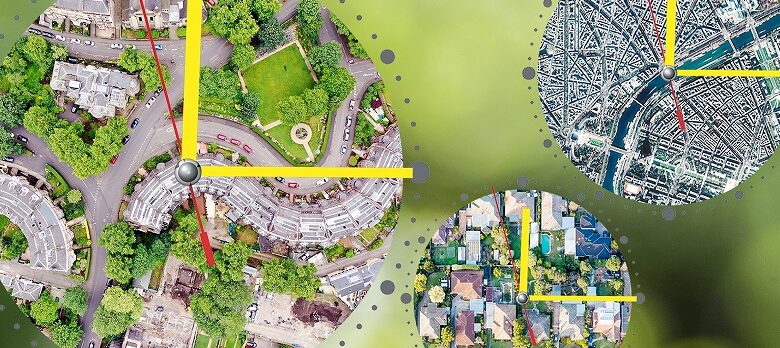A month away from the municipal elections, in which more than 300 municipalities and more than 3000 parishes will vote, the question arises how many candidates have the development of a 15-minute city as a plan?
As the father of the “city of 15 minutes” concept says, Carlos Moreno, professor at the University of Sorbonne, future urban planning must allow everyone to reach what they need daily, on foot or by bicycle, in 15 minutes.
According to Carlos Moreno, people's daily dynamics will never return to what was experienced before this pandemic. And, it adds up, that's not necessarily negative. If not, let's see: how many hours a day were most people on their own or public transport commuting? How many hours did the children stay in day care centers, schools and ATL daily?
According to Carlos Moreno, the pandemic made us discover our residential neighborhood – places and people: being a tourist around the house. And isn't that positive? Would it be quality of life when, before the pandemic, the place to live was not a comfort zone for most, but a strange place, of alert, mistrust or risk?
Each residential neighborhood must, according to Carlos Moreno, allow six different social functions: living, working, providing, caring, learning and enjoying. In addition, each residential neighborhood must allow each one to fully achieve their seven health: physical, psychological, social, spiritual, professional/school, family and leisure.
Let each candidate be aware of the positive impact that such a measure – the new paradigm of the 15-minute city – can have on the mental health of their voters. Scientific evidence is indisputable regarding the fact that the sense of community, belonging and participation are major factors in protecting our mental health.
And, as a complement to this new paradigm, another one that has been discussed since 2012, therefore almost 10 years ago: the paradigm of intergenerational learning – each generation can learn and teach simultaneously, regardless of their age.
May the 2021 Local Elections be a turning point for cities of the three I's: intelligent, intergenerational and integrative.
Author: Marta Pimenta de Brito is a Doctor of Clinical and Work Specialist Psychologist with a private practice, she is a Clinical Scientist in American multinationals, she is a Member of the Mental Health Committee of the Health Parliament Portugal, is a Visiting Professor at Portuguese and Foreign Universities and was recently a Mentor at the European Commission on Hackathon EUvsVirus.
Degree in Psychology from the University of Porto, PhD in Access to Mental Health from the University of Zurich and Post-Doctorate in Patient Retention from the University of Harvard, she also has executive training in Communication and Media from the University of Harvard, having been elected one of the best spokesperson Europe for Brussels.





















Comments